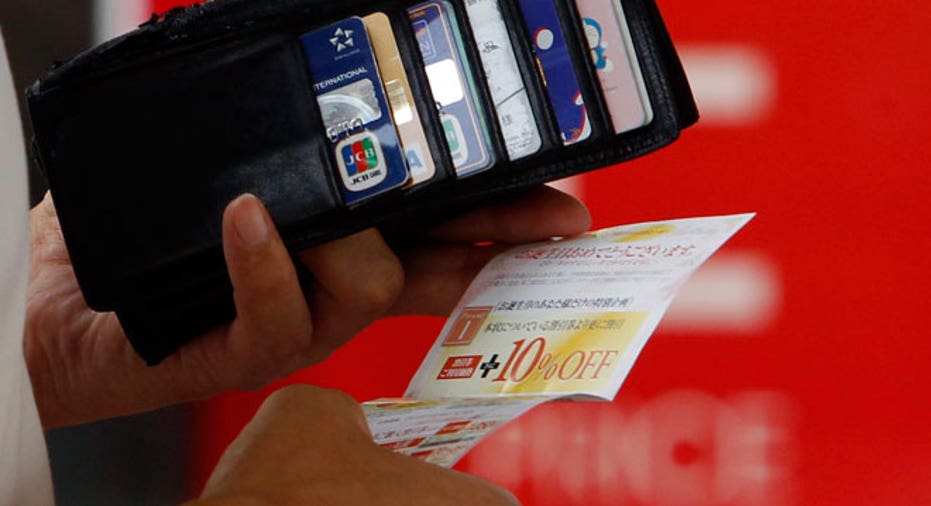Don’t Be a Fool Any Day With Your Finances

Everyone loves a good prank, but when it comes to your finances, mishandling your hard-earned money is no laughing matter.
People make foolish mistakes and oversights regularly that hurt their cash situation just by doing simple things like not checking receipts and statements. Being more diligent may save more money than you realize.
In honor of April Fool’s Day, here are seven foolish financial moves people often make:
No. 1: Paying for things you don’t use. Andrea Woroch, personal finance expert, says many people automatically pay for things they don’t use like unlimited call and text options on their phones but never really use all their data. “If you aren’t using it, you should look into downgrading,” she says, also pointing out this motto should be applied to your cable and utility bills. “If you cut them down, you may save up to $50 a month.”
No. 2: Not shopping around. Failing to compare prices can be costly for impulsive buyers, Woroch says. “This can cause you to overspend by a lot.” She advises using a price comparison tool to help find the best deals.
No. 3: Not using your employer’s 401(k) plan. Not putting money into a 401(k) account is a big mistake, according to financial planner Lauren Lyons Cole, especially if the employer has a match system in place. This is throwing away free money for your retirement. “A lot of times people just haven’t gotten around to it, that is a good spring cleaning note for yourself to set it up.”
No. 4: Sprinkling your debt payments. If you are working to pay down various debt but don’t’ have a specific re-payment plan, you could be making the situate worse. “This is good intentioned, but it’s foolish,” Lyons Cole says. “It’s better to come up with an exit strategy or use an online calculator to pay it down.” Typically hitting the biggest debt or the debt with the highest interest rate will bring down your costs more strategically.
No. 5: Overdrawing your account. With all the apps and free services from banks that help monitor your cash reserves, you should never get slapped with an overdraw fee, says Woroch. “What banks charge is ridiculous, it may be $5, $35 or $100, but there are so many things that can help you to not do this.”
No. 6: Not checking your charges. If a charge on your card or bill looks off, speak up. “Follow up on pricing, especially if you have someone who pre-charges your card,” Lyons Cole says. It may be awkward to speak up, but those dollars are yours, and they belong in your wallet.



















